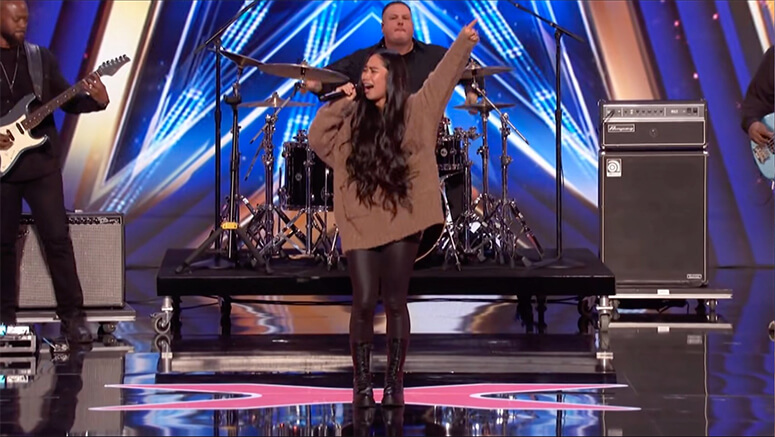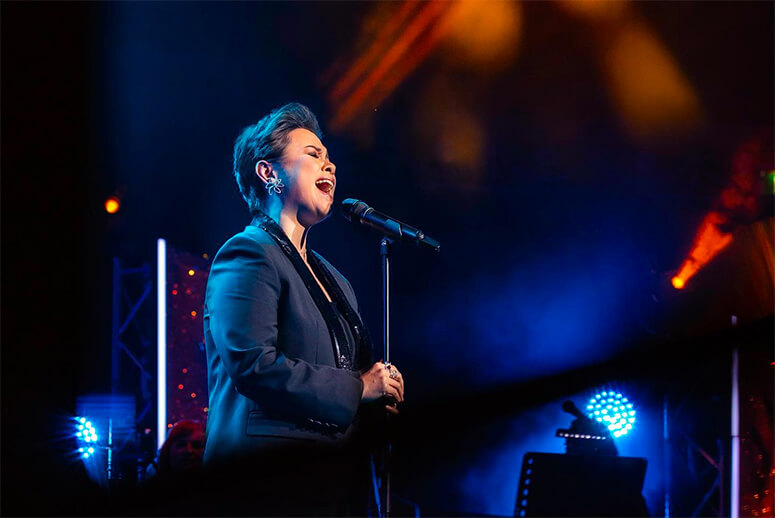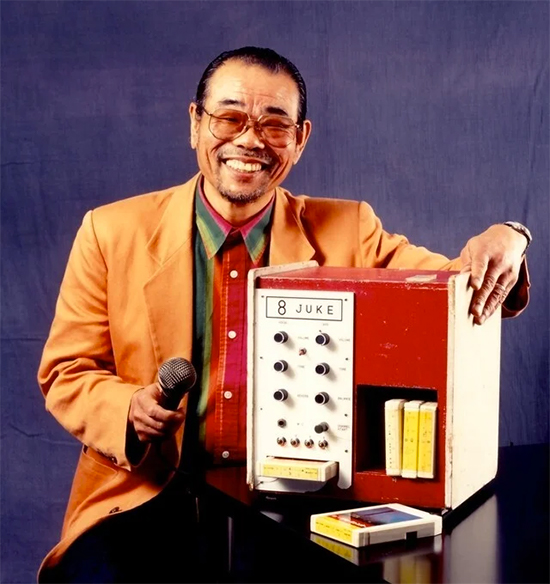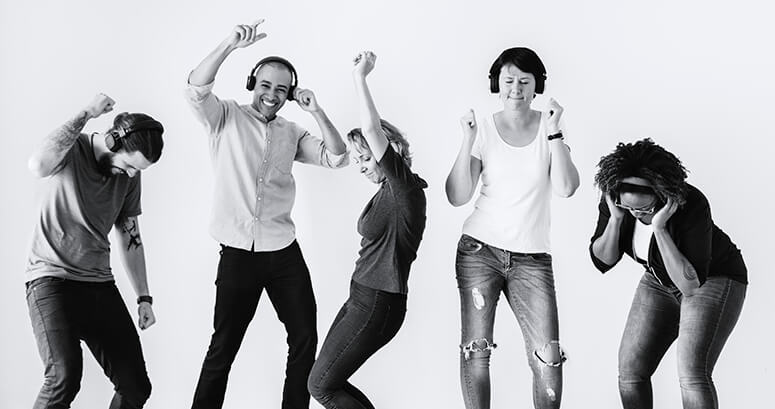'I’m working late, 'cause I’m a singer': Filipinos' undeniable connection to singing
To the unfamiliar, the title is from Sabrina Carpenter’s 2024 hit, Espresso. I swear, every time my daughter hears this line, she turns up the volume and sings along. Recently, she got to sing the entire song, on stage, at a birthday party in a KTV lounge.
At the celebration, I was happy to learn that Pinoys continue to take pride in their singing prowess. Consistent with our nature, we tend to do three things when offered a microphone: Play hard to get, start vocalizing, and queue our favorite songs in the machine.

Evidently, we’re a nation of singers. Even abroad, we get asked to sing at gatherings, and we coyly but happily oblige to maintain our reputation. Stripped of any initial shyness, Pinoys will sing just about anywhere—in the shower (for best acoustics), the kitchen (joyful singing apparently makes food tastier), the car (for the feels), or the office (like Snow White’s dwarfs, but with a newer playlist).
This is especially true in concerts. Given the opportunity, Fili-fans will gladly take over their idol’s job. A few artists may not like it, but I think most of them are flattered when people who paid to watch them perform know their songs by heart and could sing them on key.
Taylor Swift should have dropped by Manila during her Eras tour. She could have been referring to Pinoys when she said, “When you’re singing you can hear the echo of people in the audience singing every single word with you, and that was that big dream that I had for myself. It’s happening.”

International singing competitions are practically a Filipino hunting ground. From Jessica Sanchez placing on American Idol (and now trying her luck again in the 20th season of America’s Got Talent), to Jed Madela winning the World Championships of Performing Arts, our kababayans have carved out an image as exceptional singers.

Lea Salonga single-handedly put the Filipino Voice on the world stage by becoming a Broadway and West End legend slash Disney singing princess, in the process opening doors for the likes of Rachelle Ann Go and Filipino Americans Eva Noblezada and Darren Criss.
Speaking of Fil-Ams, superstars like Nicole Scherzinger, Bruno Mars, Olivia Rodrigo, H.E.R., and Hailee Steinfeld have cemented the myth that even a drop of Pinoy blood is enough to bestow godlike singing powers on a mortal.
And yet, it’s not just about professionals. Musicality is in every Filipino DNA, such that you can pick anyone from the street, request a song, and immediately be rewarded with a voice that seems to emanate from another realm. Sometimes, actual music isn’t even necessary; someone just needs to start humming Total Eclipse of the Heart, Bohemian Rhapsody, or Hey, Jude, and suddenly it’s a group number akin to a flash mob.
At the heart of this melodious madness, this irresistible urge to sing, is karaoke. Or more precisely, sing-along’s many iterations, including minus one, karaoke, videoke, open mic, etc.

Sing-along, born around the time when cassette tapes were still in vogue, provided innocent pastime where lyrics on a TV screen invited people to, well, sing along to the music. It has evolved quickly from the time Japanese musician Daisuke Inoue supposedly conjured the karaoke machine in 1971 (Fun fact: Filipino inventor Roberto del Rosario patented the Sing-Along System in 1975) to today’s digital platforms.
Pinoys being Pinoys, a karaoke machine of some kind can be found in many Filipino homes here and overseas. As long as there’s a feast of lechon, adobo, lumpia, and pancit, there’s going to be singing. We’re not into passive listening, folks, which explains how every birthday party, graduation, reunion, or even breakup always ends up as a celebration of life and the living. And if the machine dishes out scores for every song, game on!
East Asian film producers often incorporate karaoke into their stories, usually depicted in scenes of jubilation, inebriation, or wild abandon.
In Japan, karaoke bars range from communal party rooms to solitary soundproof booths where harried salarymen unwind. Korea’s noraebang (literally “singing room”) is a sacred escape room for budding or frustrated KPop idols. Chinese KTV culture leans more toward luxury (imagine taipans in chandelier-lit private lounges with buffets).
The West has caught on, too: open mic nights in pubs, singing competitions on cruise ships, and apps like Smule and StarMaker bringing virtual karaoke to global fingertips.
Why do we do it? Because singing is therapeutic—it releases endorphins, boosts confidence, and relieves stress, while group singing builds community and strengthens personal bonds.
Impossible as it may sound, karaoke could also be dangerous. My Way is notorious for bringing out the worst voices and the most violent reactions from critics. The dissonance, especially in public venues, can be mildly amusing—at least for under five minutes—until the singer gets stabbed or hit on the head with a beer bottle for bastardizing the beloved tune. Apparently, the only thing more dangerous than singing Frank Sinatra is badly singing Frank Sinatra.
Speaking of bad singing, it’s not always just about pitch, but rhythm, timing, and volume. Drunk singers would whisper-moan verses only to startle every sober soul with a screamed chorus. Not cool. And unless you have James McAvoy’s several dissociative personalities in Split, never attempt to do a solo barbershop quartet; it just screams oxymoron.

But for every off-key attempt, there’s also glee, the kind of joy that ripples across the room or makes feet tap, hips sway, and shoulders bob. Whether it’s an oldie like Dancing Queen, Footloose, or September, or something more current like Anxiety or Soda Pop, no one escapes the infectious pull of the beat. Like Mumble the penguin from Happy Feet, we all have a rhythm we can’t deny, and when the music hits, even the most reluctant among us find ourselves swaying... then humming... then—fine—singing.
At the end of the day, karaoke is all about participation and emotion; about finding a song when words fail. As Ella “The Queen of Scat” Fitzgerald once said, “The only thing better than singing is more singing.”
Now, please pass the mic.


